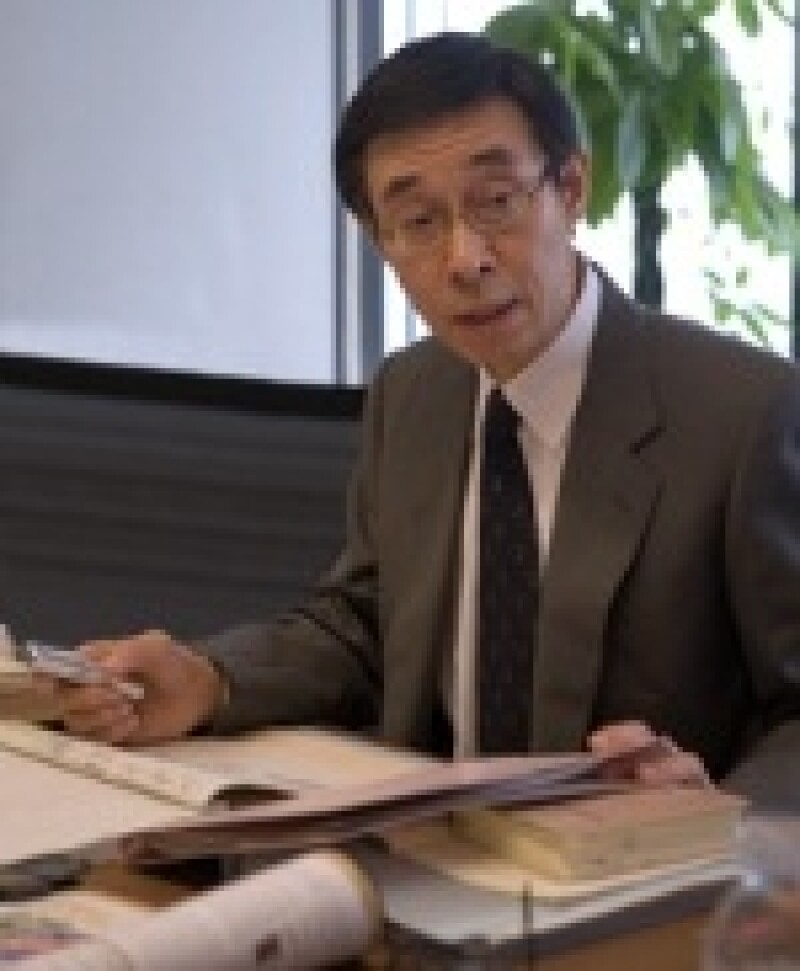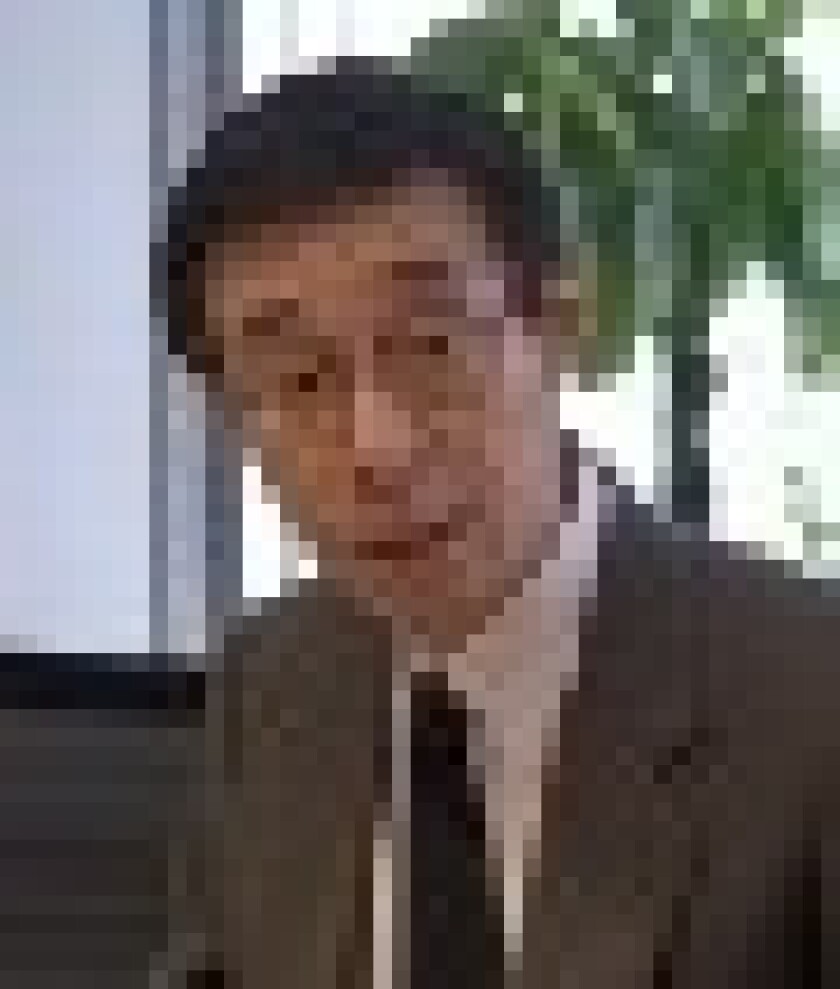
The appointment became effective on April 1. Iimura was previously presiding judge of the Third Division of the IP High Court, where lawyers say he had a reputation for issuing cutting-edge judgments.
“I think he is probably the most well respected IP judge in Japan”, says Naoki Yoshida, managing partner of Finnegan’s Tokyo office.
Takanori Abe, managing partner of Abe Law in Osaka, agrees, telling Managing IP that Iimura is highly rated by practitioners and academics alike.
IP professionals are pleased at the prospect of having Iimura head up Japan’s IP judiciary, but given his reputation and experience few were surprised by the appointment, says Yoshida.
Reformer
Many credit Iimura for bringing much-needed reforms to Japan’s IP system. Abe says that when Iimura first joined the Tokyo District Court, patent litigation was extremely slow. But due in part to the procedural reforms he oversaw, a simple patent case in Japan can now go from filing to decision in less than a year.
Judge Iimura has also brought clarity to Japan’s IP system.
The IP statutes in Japan are not very specific, so they leave a room for interpretation, says Yoshida.
Even though case law does not have precedential effect in Japan, Judge Iimura’s opinions are influential, so many people talk about them, and some judges follow them, he adds. “He has rendered some important decisions that have shaped IP policy in Japan.”
Abe said that Judge Iimura has influenced many areas of IP law, but it is his opinions on obviousness that have proved the most important. In particular, he says the obviousness test Judge Iimura used in his opinions is relatively flexible and seems to be influenced by US and European patent law.
When considering obviousness, “the opinions strongly emphasise that any type of ex post facto analysis or illogical speculation with the benefit of hindsight in such determination should be avoided as much as possible”, Akihito Nakamachi, a partner at Anderson Mori & Tomotsune in Tokyo, has written in an article for Managing IP.
Sending a message
This change is important to rights owners because Japanese courts have had a reputation for not being patent-friendly. Judge Iimura’s test made it more difficult for patents to be invalidated and easier for rights holders to protect their IP, says Abe.
Yoshida agrees, noting that many companies hesitate to file patent lawsuits in Japan because the rate of success seems so low.
“I thought Judge Iimura was genuinely concerned about how IP cases will influence industries”, said Yoshida. “He was concerned with the message to patent holders that they couldn’t win in Japan”.
Yoshida pointed to the recent Judge Iimura’s recent High Court opinion upholding Echigo Seika’s rice cake patents. According to the Japan Times, the court granted an injunction against Sato Foods and awarded ¥800 million ($9.9 million) in damages.
“I thought he had a legitimate concern about the way the patent cases were going, and I think he wanted to send a message that patents are important in Japan”, adds Yoshida.
“Founding father” and “ambassador”
Iimura’s influence goes beyond his judicial opinions. Judge Iimura seems to have taken on the role of “founding father” of the current Japanese IP system, says Abe, and is dedicated to shaping it to fit the modern era.
One example might be the IP High Court itself. Yoshida believes that Judge Iimura was a proponent of its creation back in 2005.
IP cases were previously heard in the Tokyo High Court. Having a court dedicated to IP issues, Iimura argues, provided much-needed uniformity of decision making.
Iimura has also acted as the “ambassador for Japanese IP policy”, said Yoshida. He is a frequent speaker and seeks to educate others about Japan’s system.
He recently spoke with Managing IP about developments in Japanese intellectual property law.
Abe also cites Judge Iimura’s busy speaking schedule as a positive for the IP system.
“There is a Japanese proverb, ‘judges won’t make excuses’,” he explains, meaning that judges are often hesitant to talk about their decisions and reasoning outside of court. Judge Iimura on the other hand, is very clear about his speaking his mind about legal decisions as well as issues facing the entire IP system.
“I think this is a good thing”, says Abe.
What’s next?
Alhough many practitioners are excited about Judge Iimura’s elevation to chief judge, they are unsure whether it will change his level of influence.
Abe points out that he was well known long before his elevation and already considered to be one of the most influential judges on the IP High Court, so this appointment won’t change that.
The structure of the Court will also limit Iimura’s influence, said Yoshida. There are four divisions in the High Court, and he will only hear the cases going through one of them, plus any en banc cases.
Judge Iimura’s tenure as Chief Judge will also be limited, as the Japanese system requires that judges retire when they reach a certain age.
“That’s the bad news that he has to step down”, said Yoshida. “Still, I am hoping that he is instrumental in shaping the IP policy during his time on the court.”










